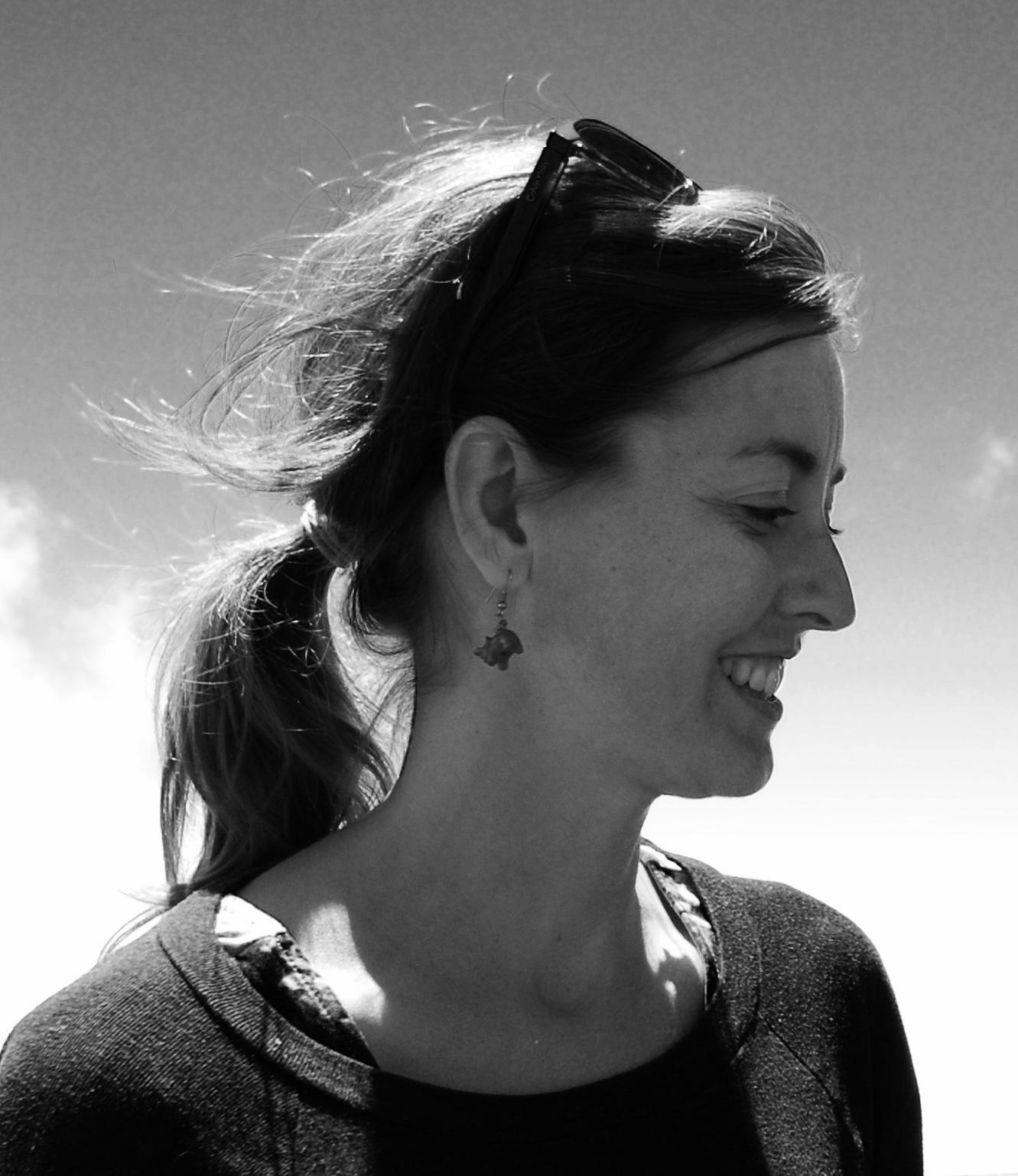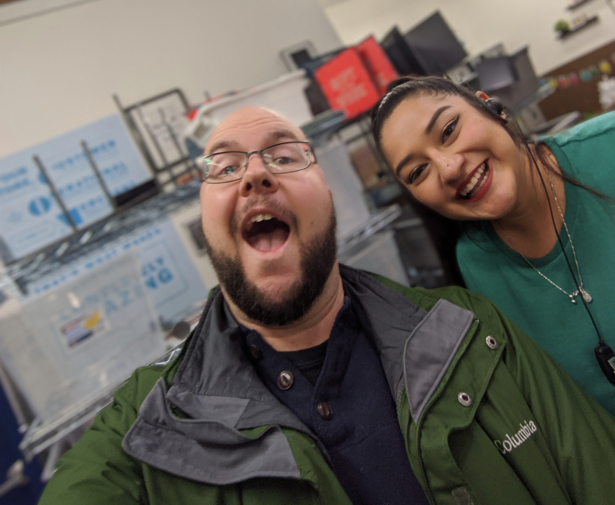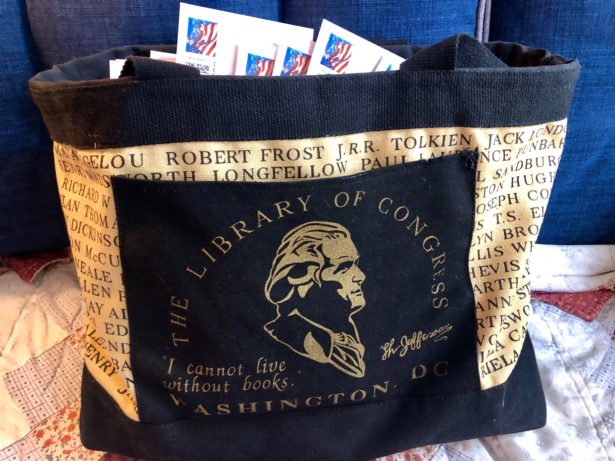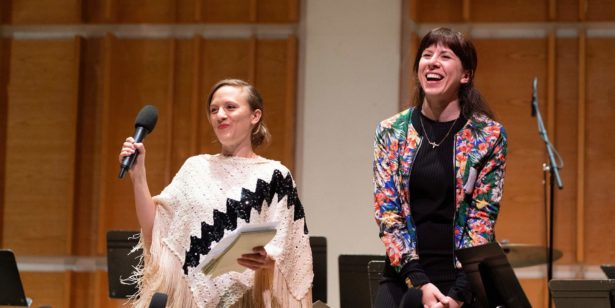
Not Saints, Just Parents
One woman’s road to motherhood through the foster care system
Once Kate Martin Rowe and her husband decided they wanted to adopt a child, the choice was clear: “We didn’t really research other avenues, like international adoptions or independent adoptions,” Rowe says. “We knew we wanted to do the foster adoption because we knew that there are children out there that need homes that don’t ever find them. And international adoptions and domestic adoptions can be really expensive. In our quest to build a family we had pretty much depleted all our savings, maxed out our credit cards, and it didn’t then seem feasible to go through a years-long process of international adoption that could fall through.”
In foster adoption, a family becomes foster parents to a child that needs a home, in the hope they’ll be able to adopt that child on a permanent basis. The journey for Rowe and her husband began with an eight-week class in 2010. “It was totally terrifying,” Rowe recalls. “They basically tell you everything that could ever possibly go wrong. We joked that if they did that with biological parents, no one would ever have kids.” After having to put the project on hold for a year, the couple came back to the adoption process in the fall of 2011, completing a course of study and a home inspection. Then things started moving faster than anyone expected.
“We had both been sick for a couple of weeks,” Rowe told Good Turns recently. “It was the middle of the semester, and we’re both teachers, so we were grading papers, just surviving, and finally feeling a little better, so we made an appointment and went to the agency.” There, the couple signed the final paperwork, then stopped to share a celebratory champagne toast with friends on the way home.
“I was on my way to teach my classes the next day, I remember it was a Friday afternoon class, and I was taking the bus over to school and I got a call from the agency,” Rowe said. There was a baby that had been born two days before that needed a home. “I was scrambling to find a paper and pen. I arrived on campus and hung up and called Scott and we decided pretty fast that we were going to say yes. I called the social worker back, and she had to call and verify that he still needed a home—they just keep calling, they don’t wait for you to say yes. I went in to start teaching my class and I got a text from Scott in class, saying he’s ours.”
“I had this unexplainable desire to have a child, and this is the way I was able to do it. And it turns out to be the most incredible way.”
Rowe was delighted—but she had to pick up the baby at 8 o’clock that evening. “It was four hours from then, and we didn’t have anything,” she says. “We didn’t have a car seat, we didn’t have diapers, we didn’t have a nursery, nothing. So we scrambled. We went to Target, we ran home, vacuumed our house, a friend loaned us a car seat, we made phone calls to our families.”
“It couldn’t have been more exciting,” Rowe says. “We didn’t get that time to anticipate, to set up a nursery, but we also weren’t jaded in terms of the foster care process at that point. We hadn’t experienced any loss, so we were very hopeful it would work out. It felt like this was our baby.”
In many cases, foster parents who want to adopt are disappointed: a child who came to them needing a permanent home may instead return to live with his or her biological parents, or with a relative. In Rowe’s case, the baby boy she picked up that evening became her son: the family will celebrate his 8th birthday together in November.
Rowe and her husband would go on to adopt a second foster child in the fall of 2015, but not before experiencing the disappointment of taking in and then having to give up a child—twice. “It was just an impossible place to be in,” Rowe says. “I think a lot of people think that foster parents are all just people who want to have a revolving door of children in and out, but a lot of families want to adopt.” That’s part of why Rowe doesn’t think of herself as making a sacrifice.
“People want to valorize you as a foster parent,” Rowe says. “That’s the universal reaction: ‘What a great thing you’re doing,’ or, ‘Those kids are so lucky.’ I understand that, and of course we chose this route to adoption mostly because it seems like these are kids who really need a home. But foster adoption is a wonderful thing. I think more people should do it.”
“The statistics are horrifying for children who never get adopted, when they age out of the system. The rates of suicide and addiction and jail, sex trafficking, all of it. Being in it I feel so aware of all that is very painful. These families whose children are in the system, it’s not like it happened overnight. You’re talking about years, generations of trauma in a family that brought them to that moment where they have a child and it turns out they can’t be a parent,” Rowe said. “Scott and I feel so happy and lucky to have them, but there’s a lot of loss there. People want to see us as some kind of saints, and the children as so lucky, but the birth family often gets erased. And often people are really judgmental about birth families. There’s bias involved in the system. We live in an incredibly unjust society where there’s all kinds of factors at work making a need for foster care.”
“I feel just overwhelming gratitude for my children,” Rowe says. “They have allowed me to become a mom in this really special, unique, fraught just amazing way that I wouldn’t have, and this experience has shown me so many parts of life that I wouldn’t have seen otherwise. It’s also connected me to their birth families, and we have this whole extended family. I feel really grateful for all of that, and I feel like, yeah, it’s changed me internally in positive ways, but I don’t feel like a martyr or a saint. I just feel like I was presented with this unexplainable desire to have a child, and this is the way I was able to do it. And it turns out to be the most incredible way. I feel like other people are missing out. I feel not only like, okay, we did it, I survived, but I feel really privileged and lucky that we get to be parents in this way.”
(If you’re interested in exploring foster adoption, contact your local foster family agency.)
Posted September 4, 2019





